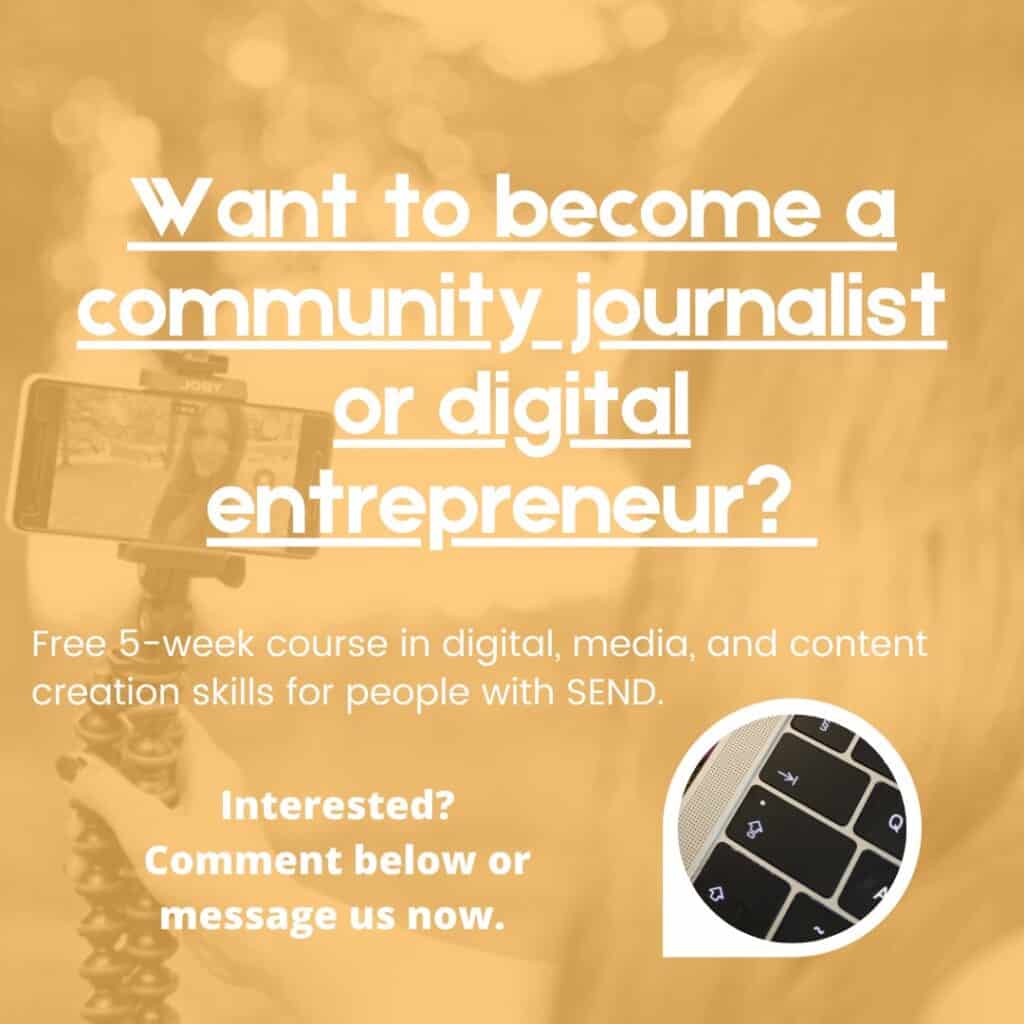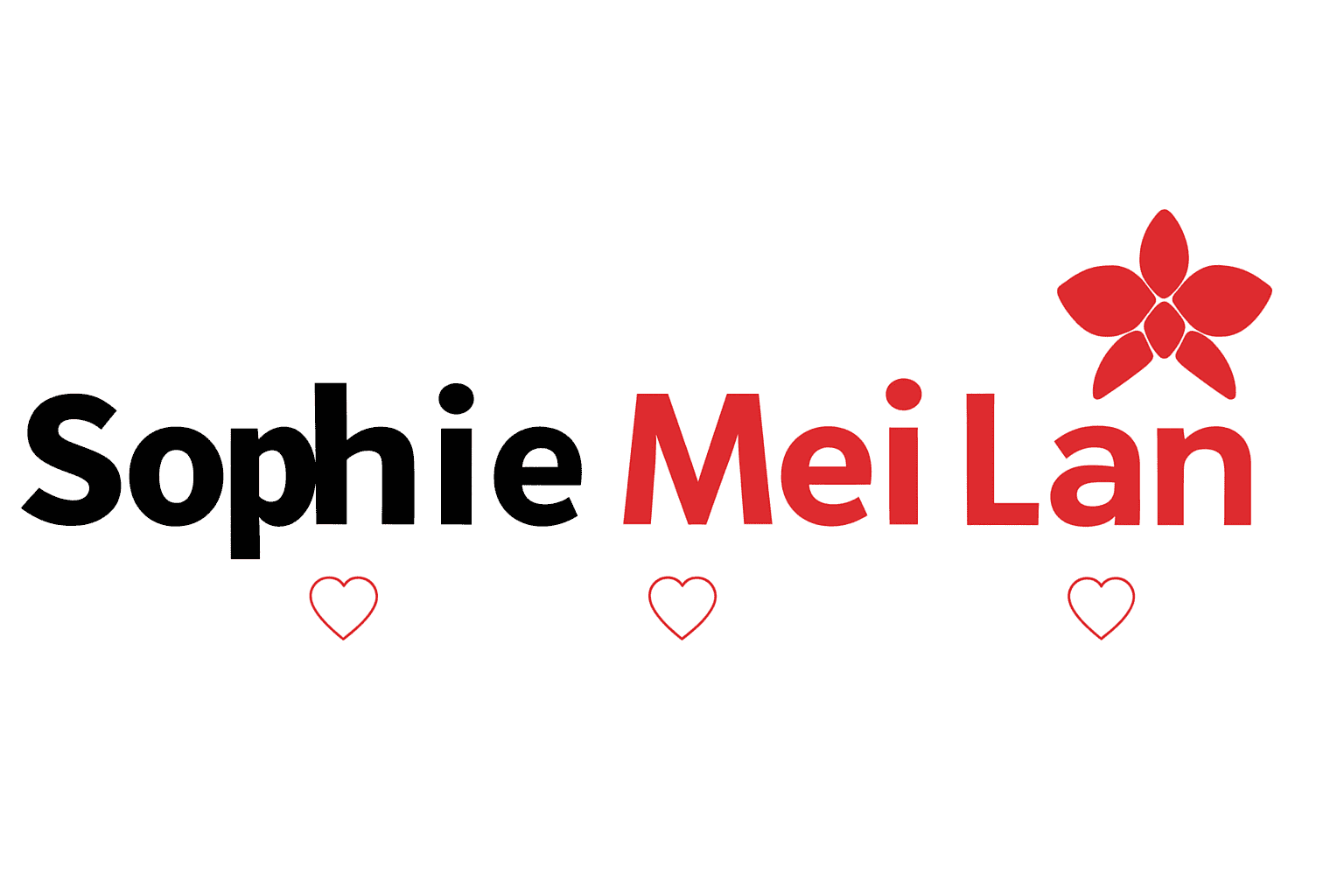My career highlights so far have been thanks to my neurodiverse brain, not in spite of it.
I had previously been conditioned to think that my cognitive differences were a weakness with many workplaces, the education system and much of society shutting out people like me.
In fact, only 5.1 per cent of people with SEND known to social care are in employment with women faring much worse.
I used to attempt rewiring my brain to be neurotypical, until I was finally tested for dyslexia and dyspraxia during my post-graduate diploma in journalism.
After getting lost on the way to the assessment and even during the toilet break, it came as no surprise that I was dyslexic and dyspraxic. It was however a transformational turning point in my life.
I could finally celebrate my perfectly imperfect mind and get support to harness my strengths and fill in my gaps. A lot of my life began making sense.
My lateral-thinking brain could now thrive with being part of the ‘one in 7 people’ with such a Neurodiverse mind.
But I am one of the privileged few who had the opportunity for a free needs assessment while I still had the tenacity, support network, and now assistive technology to flourish.
As someone with a range of so-called ‘disabilities,’ I had previously struggled with lengthy application forms for jobs – nobody puts my brain in a spreadsheet – but the diagnosis helped me to rebuild my confidence and assert my needs.
I felt confident during interviews because for me I am strong verbally which is why I often asked to apply on a video rather than just an impersonal form.
But many ‘disabled’ people don’t even get to the interview process or have the confidence to apply with a large proportion of disabled people unemployed or economically inactive, the rate has risen from 45.9% to 47.7% last year with employers even less likely to take on disabled employees.
Yet it is a well-known fact that ‘diverse workplaces make better workforces.’ It is not just the individuals missing out on the chance to thrive but businesses are weaker as a result.
If more workplaces focused on the social model of disability which states that people have impairments, not disabilities because disability implies something caused by the individual, rather than society. Then they could look at the barriers they may have unknowingly put up. By making necessary adaptations and forging a more inclusive environment I also have witnessed from my community media work alongside people with impairments, that with the right processes and technologies many people are able to work and have some much greater skills in specific areas.
In many incidences, it’s less of a skills gap, but more of a promotional lack as people have lost the confidence to seek employment or they need support to even access the relevant opportunities.
Plus there tend to be limited opportunities available: “If you don’t want to do cooking or gardening there’s not a lot to choose from,” explains Julie Crossfield whose son is on the autism spectrum.
Her son Dan is a talented sports blogger, who I have worked with during the pandemic, delivering digital training sessions. Together with Julie, we have set up the Digitally Active project where we train and empower people with a range of disabilities and neurodivergent minds and tap into their talents while building their confidence and content creation skills so we can connect them with businesses to work with. We have done this alongside CoActive Arts charity work with adults with learning disabilities and put simply they “provide a space to belong,” which is the heart of inclusion, once we cut through the noise and the diversity tick boxes.
“Inclusion is at the heart of wellbeing,” explained Jasmine Dotiwhala, on a Channel 4 training with NFTS I attended recently.
“Diverse teams matter and they add an extra layer to your creative process.”
Jasmine also encouraged production companies to recruit content creators as they have so many transferable skills and tend to be the ones on the ground listening to the audience.
We want to inspire more ‘disabled’ and underrepresented communities to become content creators and digital entrepreneurs, so Digitally Active have joined forces with CoActive to offer a 5-week free training course to neurodivergent adults and/ or those with disabilities in a range of content creation, digital skills and communications which has been part-funded by the UK Government through the UK Community Renewal Fund.
To book, contact: [email protected] or go to: https://www.yorkshirefamilies.co.uk/work-with-us-join-our-team/
Photo: Jaja Photography

